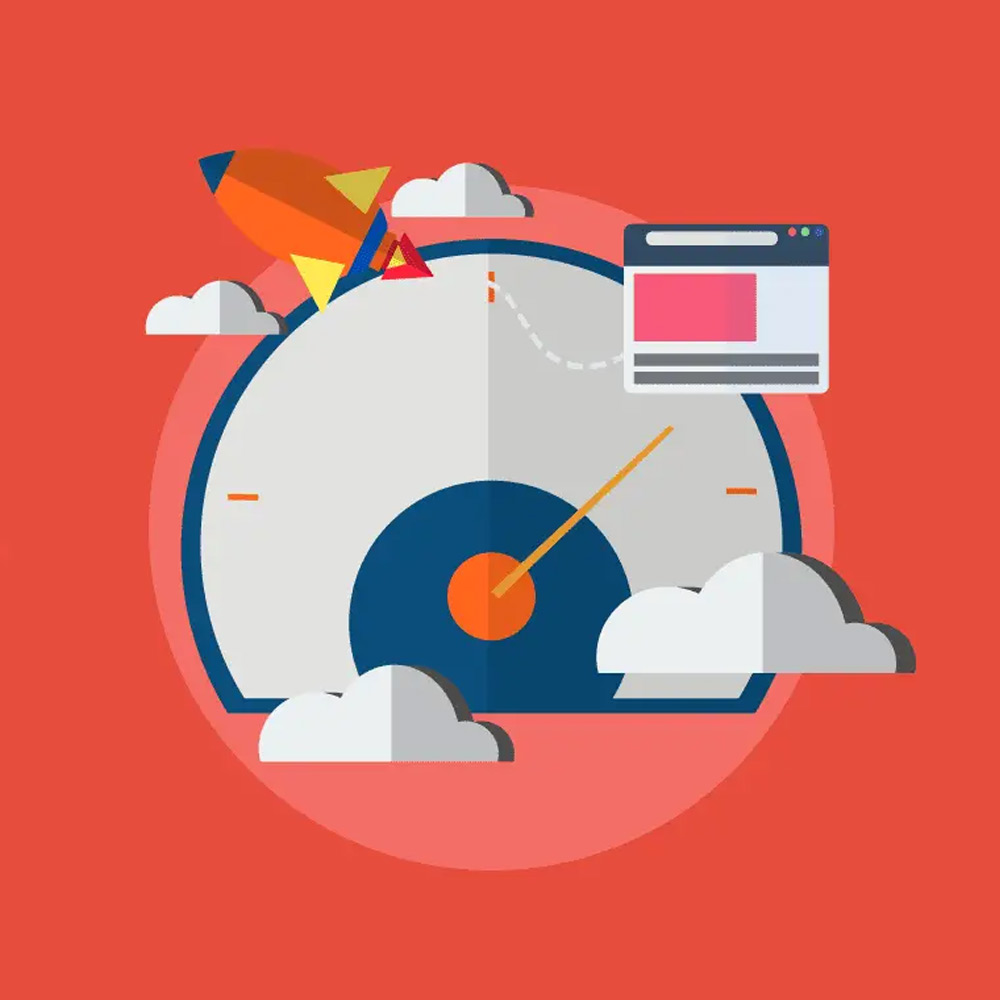
The speed of your website can make or break your online business in the fast-paced digital world of today. Users may become irritated, bounce rates may increase, and search engine results may suffer as a result of a slow-loading website. On the other hand, a website that loads quickly can help to enhance user experience, raise engagement, and increase conversions. So, online firms need to give website speed top priority when developing a new website.
Search engine optimization (SEO) activities are impacted by website performance in addition to user experience. Website speed is a ranking factor that search engines like Google employ to favour websites that load quickly. This means that a slow website may have a negative impact on online businesses by lowering search engine ranks and decreasing visibility.
As a result, any new website design should prioritize making it as fast as possible. Online businesses may make sure that their website is both user- and SEO-friendly by putting speed first. This can then contribute to a rise in traffic, engagement, and income. We will discuss the value of website speed in the parts that follow, as well as offer advice on how to make your new website design as fast as possible.
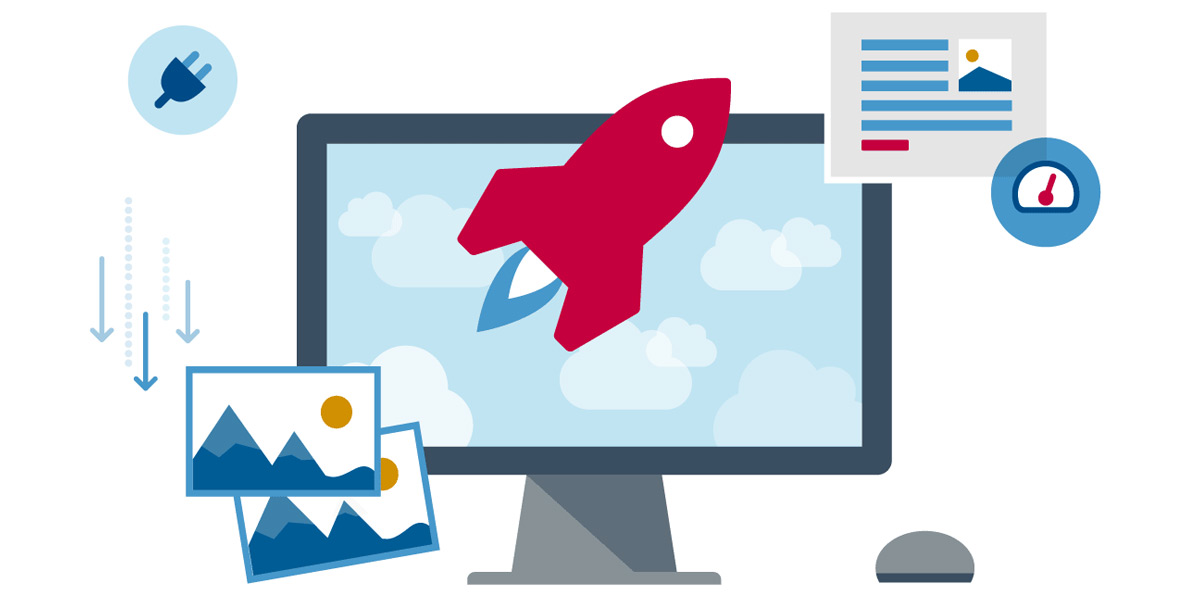
The Importance of Website Speed for Your New Website Design
The Impact of Website Speed
A well-designed, quick, adaptable website is essential for any business in the modern digital world. A website that loads slowly can have a detrimental effect on the user experience, leading to disgruntled visitors who are more inclined to quit and visit a competitor’s website. Moreover, website speed is an important component in search engine ranking, with search engines like Google giving priority to pages that load quickly.
The effects of website performance, however, go beyond just user satisfaction and search engine positioning. The amount of traffic to a website can also be significantly impacted by how quickly it loads, as people are more inclined to leave a slow website. For internet firms, this may mean lost sales and missed opportunities.
It’s critical to understand that website performance is both a technical and a business issue. While visitors who have a bad experience are less likely to make a purchase or visit the site again in the future, slow website speed can directly affect revenue. A quick-loading website is crucial for maintaining visitors and generating cash in today’s cutthroat online economy.
The optimal user experience can be achieved by optimizing the website speed.
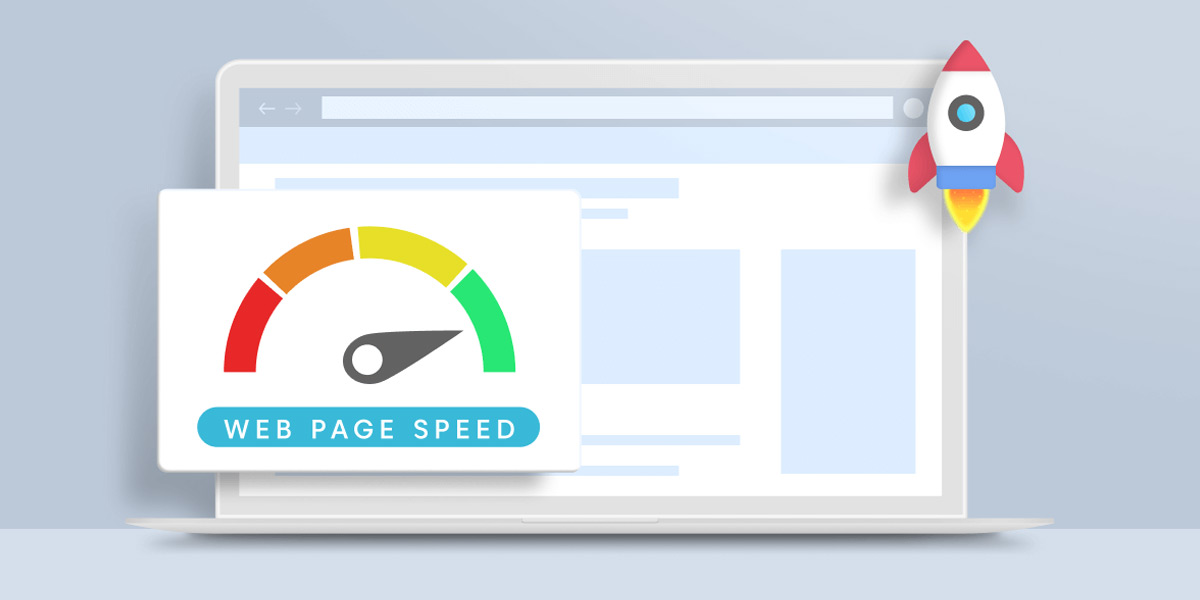
The Importance of Website Speed for Your New Website Design
Factors that Affect Website Speed
When deciding whether a visitor will stay or depart, the speed at which a website load is crucial. Online visitors have raised their expectations for website speed as we advance into the digital era. We will examine the numerous variables that can affect website speed, which will eventually affect user experience and income creation.
Website hosting is one of the main elements that might affect website speed. Longer loading times from a hosting provider that needs improvement will frustrate users and possibly turn them away. Content optimization is another aspect to take into account. A website’s load times might be slowed down by large photos, video files, and complex graphics. The design of the website can also affect how quickly it loads, as poorly designed websites may contain clumsy coding or too many features.
We need to look at some actual examples in order to comprehend how these elements impact website speed. For instance, one website experienced loading times of over 10 seconds due to an inadequate hosting service that couldn’t handle heavy traffic. The business suffered a high bounce rate as a result, which cost it money. In another case, a website’s content was not optimized, resulting in disproportionately big photos and a lengthy loading time, which annoyed users and resulted in lost revenue.
As a result, it’s critical to be aware of the variables that can affect website speed in order to guarantee a satisfying user experience and income creation. We’ll look at some strategies for improving website speed in the next section.
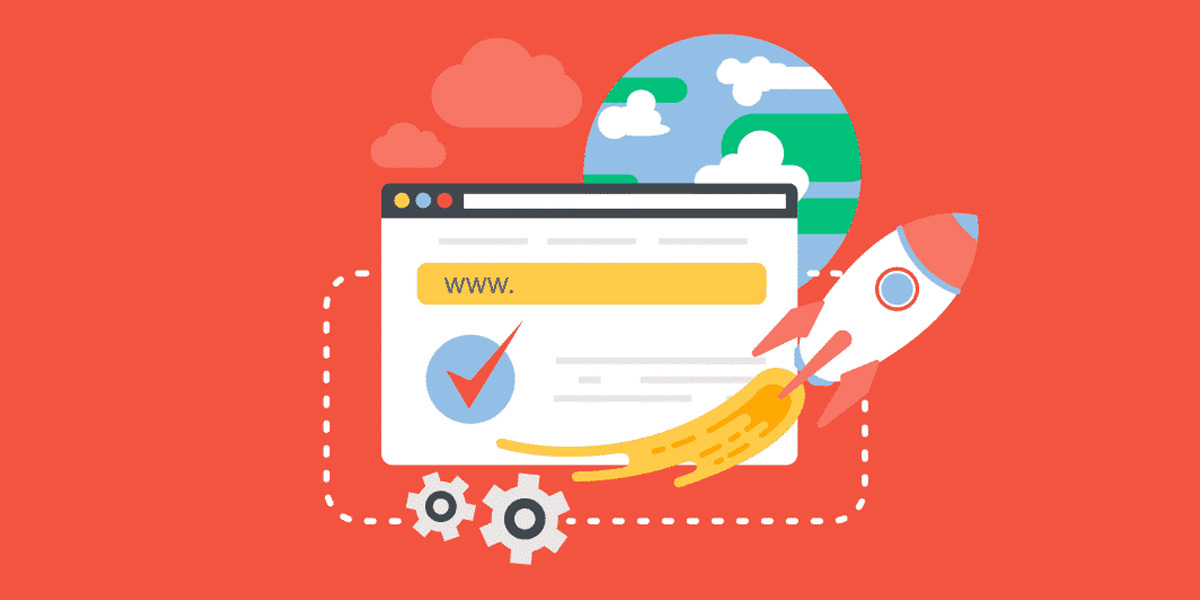
The Importance of Website Speed for Your New Website Design
Tips for Improving Website Speed
Tip #1 Optimize images
Large image files can slow down a website significantly. You can reduce the size of images by compressing them using tools such as TinyPNG or Optimizilla.
Tip #2 Minimize HTTP requests
The more HTTP requests a website makes, the longer it takes to load. You can minimize HTTP requests by combining CSS and JavaScript files, reducing the number of images on the page, and using CSS sprites.
Tip #3 Use a Content Delivery Network (CDN)
A CDN can help distribute your website’s content across multiple servers, reducing the load on your web server and improving the speed of your website.
Tip #4 Enable caching
Caching enables your website to store data, so it doesn’t have to be reloaded every time a user visits the website. Enabling browser caching and server-side caching can significantly improve website speed.
Tip #5 Use a fast web hosting provider
A good web hosting provider can make a big difference in website speed. Ensure that your hosting provider offers fast servers and has a good reputation for uptime.
Tip #6 Minimize the use of plugins
Plugins can add functionality to your website, but they can also slow it down. Only use plugins that are essential, and delete any plugins that you don’t need.
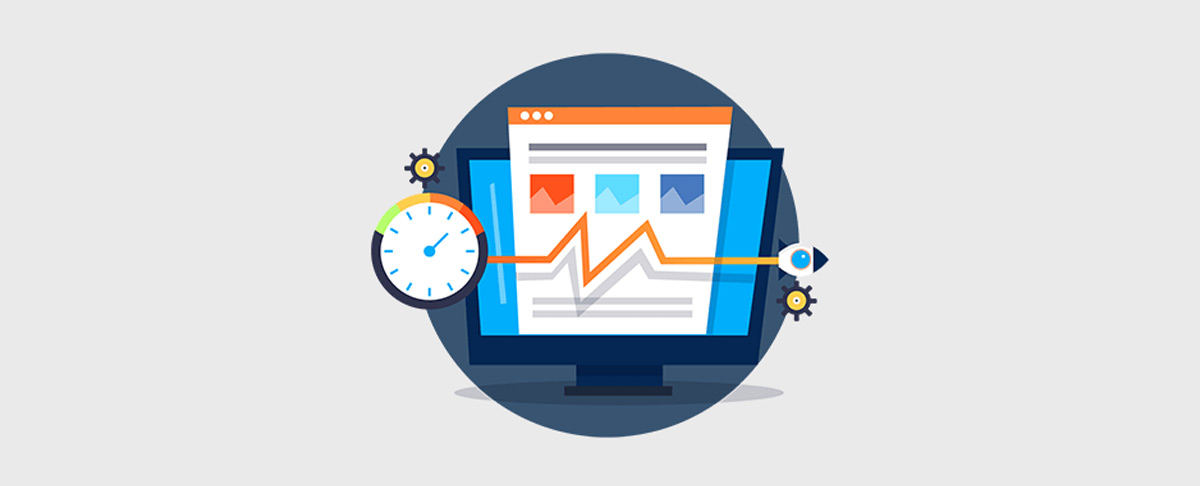
The Importance of Website Speed for Your New Website Design
Conclusion
In conclusion, website speed is a critical factor that can make or break your online business. We’ve discussed the impact of slow website speed on user experience, search engine ranking, and website traffic, as well as the common factors that affect website speed. We’ve also provided practical tips for improving website speed, including using a reliable web hosting provider, compressing images, minifying code, and leveraging browser caching.
To achieve online success, prioritizing website speed in new website design projects is essential. By implementing the tips we’ve provided, you can improve your website speed and ultimately, enhance your online business success. Remember, speed matters in the digital world, and it can mean the difference between a thriving online business and a struggling one. So, take action now and start optimizing your website speed today.
FAQ
What is the importance of loading speed?
Loading speed is important because it can significantly impact user experience, website traffic, and search engine ranking. A faster loading speed can help retain website visitors and generate more revenue.
What affects website speed?
Common factors that affect website speed include website hosting, content optimization, website design, image sizes, and third-party plugins.
What is page speed and why does it matter?
Page speed is the time it takes for a web page to load completely. It matters because it can affect user experience and search engine ranking.
Why is site loading speed important for SEO?
Site loading speed is important for SEO because search engines like Google consider page speed as one of the ranking factors for search engine results pages (SERP).
How do you increase your loading speed?
There are various ways to increase website loading speed, such as using a reliable web hosting provider, optimizing website content, compressing images, minifying code, leveraging browser caching, and reducing the number of third-party plugins.
What is the loading speed in SEO?
Loading speed in SEO refers to the time it takes for a website to load completely. It can affect user experience and search engine ranking, as search engines like Google consider page speed as one of the ranking factors for SERP.
How can I improve my website speed and performance?
To improve website speed and performance, you can follow practical tips such as optimizing website content, compressing images, minifying code, leveraging browser caching, and reducing the number of third-party plugins.
How do you analyze website speed?
You can analyze website speed by using tools like PageSpeed Insights, GTmetrix, or Pingdom. These tools can provide insights into the factors that affect website speed and practical recommendations for improving it.
What is a fast speed for a website?
A fast website speed is usually around 2-3 seconds or less.
What is a good page speed?
A good page speed is usually around 2-3 seconds or less.
How does Internet speed affect website performance?
Internet speed can affect website performance in that a slower internet speed can result in a slower loading speed for web pages.
Why is Page Speed Insights important?
Page Speed Insights is important because it provides insights into the factors that affect website speed and practical recommendations for improving it. It can also help improve user experience and search engine ranking.
How does site speed impact SEO?
Site speed can impact SEO as it is considered one of the ranking factors for SERP. A faster site speed can help improve search engine ranking.
Is website speed a ranking factor?
Yes, website speed is considered a ranking factor for SERP.
What effect does site speed have on SEO?
Site speed can affect SEO by influencing search engine ranking. A faster site speed can help improve search engine ranking.
What to do if a website is slow?
If a website is slow, you can follow practical tips such as optimizing website content, compressing images, minifying code, leveraging browser caching, and reducing the number of third-party plugins.
Why are some websites so slow?
Some websites can be slow due to various factors such as large image sizes, poor website hosting, excessive third-party plugins, and poor website design.
What is website optimization?
Website optimization is the process of improving website speed, user experience, and search engine ranking by following practical tips such as optimizing website content, compressing images, minifying code, leveraging browser caching, and reducing the number of third-party plugins.

With over two decades of web design and development expertise, I craft bespoke WordPress solutions at FallingBrick, delivering visually striking, high-performing websites optimised for user experience and SEO.




